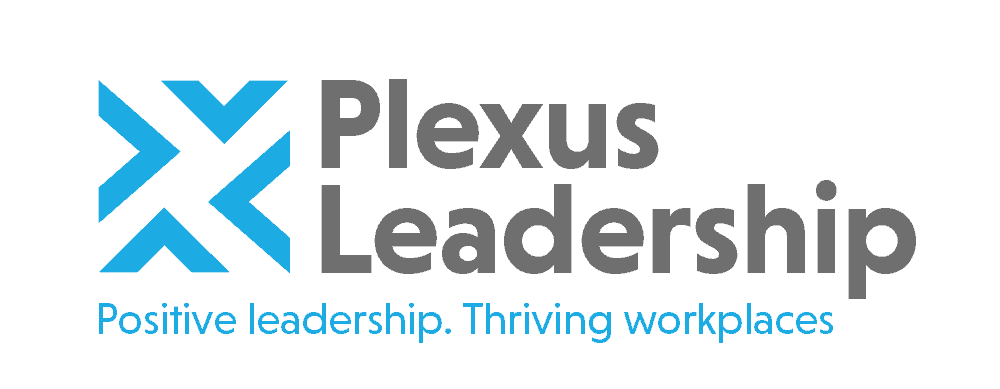A lot of management training ends up being a waste of money and falls way short of delivering the value and benefits promised by the trainer or consultant. Beyond short-lived feelings of happiness reported by participants in the post-training evaluation, it does little to change behaviours and embed new habits and skills that will help your business thrive.
The reasons for this are varied. However, the most common problems include insufficient planning and involvement of key stakeholders, poor delivery and facilitation skills and inadequate follow-through and embedding of the new skills and habits.
Don’t shortcut the planning process
Planning a training program is arguably the most important stage of the entire process, however, it is often overlooked by trainers and consultants. A good planning process involves clarifying the real needs (rather than perceived ones) with both participants and stakeholders (including line managers and executive sponsors), deciding on the content and how best to run and embed the training and agreeing what metrics will be used to measure behaviour change and business impact.
Involve key stakeholders
In most cases, there is no direct involvement of key stakeholders and line managers in the process and we believe this is a major omission that can easily undermine the effectiveness of the entire program. In order for the training to be meet the required business needs and learning effectively embedded after the training, it is crucial to involve line managers in the process of determining needs, setting goals and ensuring they support the embedding of new habits after the training.
Focus change around key habits
Some habits and beliefs are more important for success than others – we call these Towering Habits and Beliefs. Rather than focusing on trying to develop well-rounded, unicorn managers, a pursuit that is “mission impossible”, we focus instead on helping leaders and managers learn vital habits like asking powerful questions, active listening and solutions-based problem-solving which enables them to maximise their impact and contribution quickly.
Build in coaching and/or mentoring
Training courses and online learning won’t bring about lasting behaviour change without on-the-job support and embedding provided by a well-designed coaching and/or mentoring process. We always strongly advocate one-on-one and/or peer coaching during and after the training to provide participants with support and challenge from their peers or a coach/mentor. This improves the learner experience and provides them with opportunities talk though what they’ve learned and how this relates to their day-to-day challenges. It also helps learners to overcome internal and external blockers to meaningful behaviour change and encourages them to take specific steps to improve their performance and success.
Measure business impact
Measurement of training outcomes is still as unsophisticated as celestial navigation, with trainers still relying on “happy sheets” to determine success even though they are known to be an unreliable indicator of lasting changes in habits, skills and business impact. It is vital that we apply new behavioural science and measurement techniques to evaluate changes in learning, behaviour and business outcomes. Examples of some of new approaches and tools we recommend to measure impact more reliably include peer and 360-degree feedback tools, HR analytics software, project and collaboration software etc.
Link programs to business challenges
Far too many manager training programs are too general and don’t link learning and skills to real-world challenges and opportunities the business is experiencing. To maximise relevance of content, learner involvement and transfer of learning, it is important to ensure strong linkages between the knowledge and skills managers are learning and the application to everyday challenges and possibilities. For example, we designed into a managers’ program at a fast-growing Tech scale-up Dragon’s Den style “stretch projects”. These projects challenged participants to come up with innovative ways to improve the business using the techniques and skills they learned during the program. This improved the relevance and engagement of the training, as well as providing practical ways to accelerate the company’s performance.
Formal manager training and development programs are a crucial part of your company’s overall talent and learning strategy to ensure managers have the competence, confidence and learning agility to get the most out of your people. Implementing the 6 steps above will help your business get the most value from its investment in this type of development.
Other Posts

About the Author
James Brook
Founder and MD | Leadership Consultant | Organizational Psychologist
James is a leadership consultant, organizational psychologist and executive coach. He has over 25 years’ experience working with leaders, teams and organizations globally to optimize their performance, talent and future success. He specializes in positive leadership, thriving workplaces, collaboration and influencing, organizational change and transformation, accelerating innovation and coaching executives and leaders in innovative sectors including Tech, Digital, E-commerce and Life Sciences.
Before setting up Plexus Leadership, James held leadership roles in HR and Talent Management in the UK and abroad with companies such as NatWest, Yahoo! and Novo Nordisk Pharmaceuticals. After this, he founded and led several talent and leadership consulting and assessment businesses, including Strengthscope®, an online strengths assessment and development business serving a wide range of UK and global clients. James grew this venture into a global market leader before selling the business in 2018.
James has supported, advised and coached leaders and teams globally across diverse industries and geographies. Clients he has worked with include Allen & Overy, Commvault, Equinor, Facebook, GSK, Hilton, John Lewis, Novartis Pharmaceuticals, NHS, Oracle, Sainsbury’s, Swiss Re, Tesco, Takeda Pharmaceuticals, WSP and Yahoo!.
James has a Master’s in Organizational Psychology, an MBA, an Advanced Diploma in Executive Coaching and a Harvard Business qualification in Sustainable Business Strategy. He is a member of the Institute of Directors, the Association of Business Psychologists and a Fellow of the Chartered Institute of Personnel and Development (FCIPD). He is currently undertaking a PhD in Organizational Psychology examining the start-up experiences of Tech and Digital entrepreneurs.
James is a regular contributor and speaker on leadership, coaching, innovative talent management and the future of work. His most recent book, Optimize Your Strengths, explores how leaders can create thriving workplaces by inspiring and supporting people to optimize their potential and teamwork to deliver breakthrough results.





